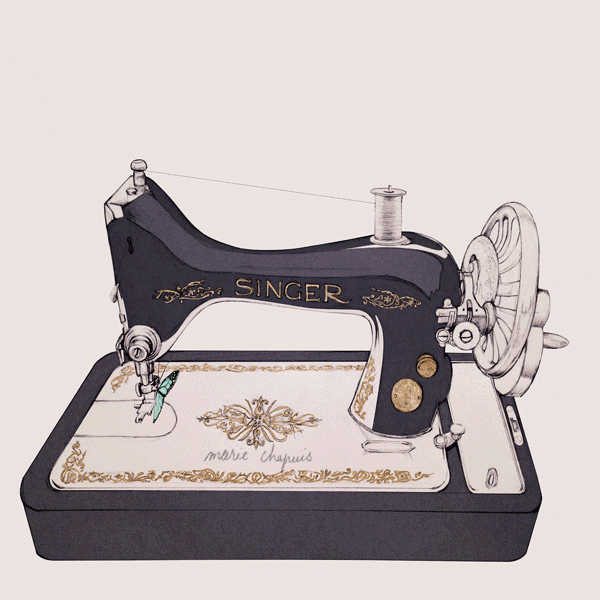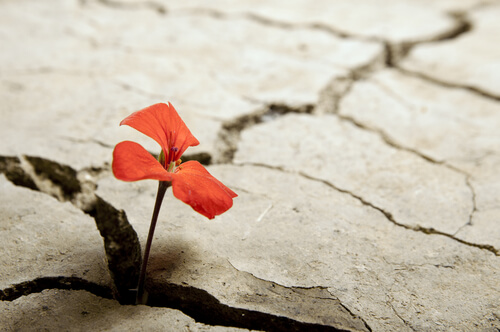I Do Not Have Regrets, But I Know What I Would Not Do Again


Written and verified by the psychologist Valeria Sabater
We’re all fallible, delicately imperfect yet unique in our essence and our personal stories.
Therefore it is good and necessary to accept every mistake made without falling into a perpetual cycle of regret, but at the same time being clear what things we wouldn’t do again. What paths we wouldn’t take again and what people we would keep at a healthy distance.
Woody Allen once said in one of his films that “My one regret in life is that I’m not someone else.” This ironic phrase sums up this fact quite well: our mistakes hurt, and making them often feels like such a huge attack on our dignity that we feel like pushing our imaginary “restart” button.
However, people are not machines. In fact, that’s where our greatness lies, in the magic written on our DNA that urges us to learn from our mistakes. It improved us a species and that’s how we survive in this complex world.
After all, to live is to move forward but also to change and know how to handle every bad choice or action.
Do not accept or cling to guilt that bleeds you dry and turns you back towards the past. Do this and you nullify yourself and the growth you need.

Our regrets, our baggage
Guilt and repentance come in many shapes and sizes. A relationship with the wrong person, a bad job decision, an accidental oversight, a broken promise, a wrong word or a bad action… often they mean having to look at ourselves in the mirror, no filter, no anesthesia. It’s like an open wound.
That’s when we become aware of the cracks in our supposed maturity, ones we must repair after collecting the broken pieces of our dignity.
On the other hand, an interesting study published in the journal “Cognitive Psychology”, released data that will make us think. Younger people often complain about all the mistakes they made in their lives.
Sometimes all it takes is an interview with someone between 20 and 45 and they’ll detail, one by one, each bad decision and each person they regret having let into their life. Actually it’s an assessment and self-analysis that can be healthy and cathartic. It helps us make better choices and get back on track.
However, the real problem comes with the elderly. When one reaches 70, regret over things they didn’t do start showing up… missed chances, decisions not taken for lack of courage.
Thus, something we should be very clear about is that the worst regret is that of a life not lived. Let’s see our so-called mistakes, the ones without very serious consequences, as our baggage of experience. Our life legacy and cracks where the light of wisdom shines through.

Mistakes will always come knocking on our door one way or another
Mistakes imply, above all, accepting responsibility. We all know that but not all people are capable of taking that valuable, worthy step.
Then, what we call “primary repair” in psychology must happen. That is, proceeding to do something as basic as leaving that stormy relationship, ending a failed project or even asking for forgiveness for hurting others.
“Mistakes are at the very base of human thought, embedded there, feeding the structure like root nodules. If we were not provided with the knack for being wrong, we could never get anything useful done. We think our way along by choosing between right and wrong alternatives, and the wrong choices have to be made as often as the right ones. We get along in life this way.”
-Lewis Thomas-
Next, we must proceed to do something much more delicate, more intimate and complex. It’s time for the “secondary repair”. There we must sew together with precise craftsmanship each fragment of our self-esteem, every fiber torn from our self-image.
There’s no point to holding grudges or weight of disappointments because you’ll close the door of your heart as well as the window of new opportunities.

On the other hand, an article published in the magazine “Personality and Social Psychology” reminds us of a situation familiar to many of us. Sometimes we punish ourselves with the constant, “But … how could I have been so naive? At this age and still making these mistakes?”
The belief that age and experience ultimately make us immune to mistakes is a myth. Let’s put aside those ideas and accept this: to be alive is to embrace changes and challenges. It is allowing ourselves to meet new people and do different things every day.
Making mistakes is part of the process and part of growth. Refusing to experiment and anchoring ourselves ad eternum to the island of repentance, fear and the “it’s better to stay as I am” means you’re breathing and existing but not LIVING.
This text is provided for informational purposes only and does not replace consultation with a professional. If in doubt, consult your specialist.








